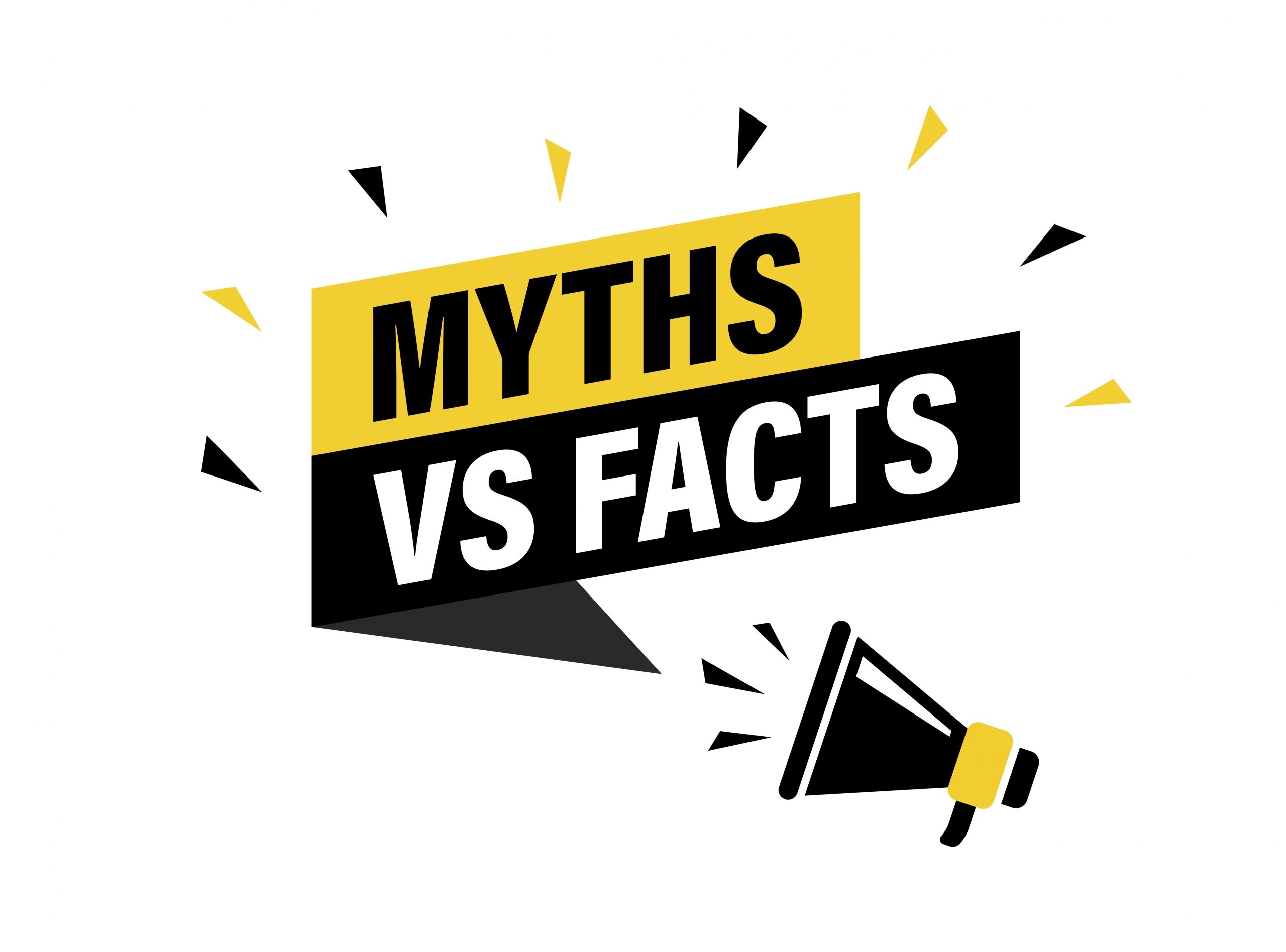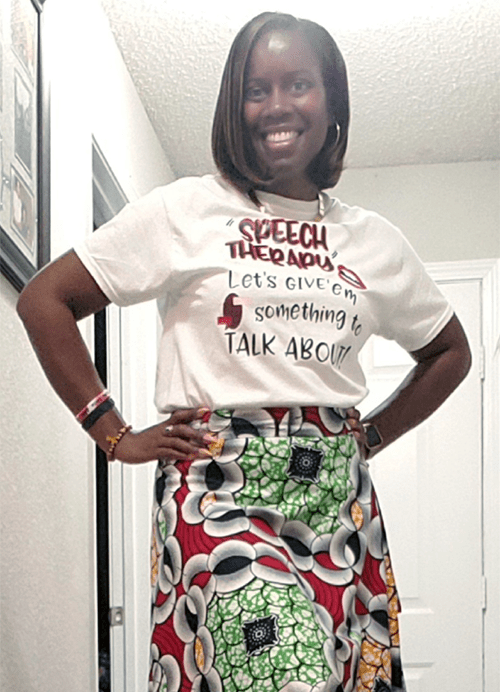Meet the Therapist

Jasmine Christion, M.S. CCC-SLP is a native of Birmingham, Alabama. She is a graduate of The University of South Alabama with a Bachelor's in Speech and Hearing Science and Alabama A&M University with a Master of Science in Communication Science and Disorders. Holding a certification with the American Speech-Language-Hearing Association, she has extensive work skills servicing preschoolers to adolescent students over the last three years in the school setting. She has experience working with children with a variety of speech and language disorders and has a special interest in working with children with hearing impairments. She thoroughly enjoys meeting and getting to know the kids through their unique personalities. She has collaborated with multidisciplinary teams to address the communication and educational needs of clients with a wide variety of disability classifications including, but not limited to, emotional disturbance, intellectual disability, specific learning disability, speech-language impairments, phonological errors, stuttering, social skills, and attention-deficit hyperactivity disorder. She is a huge advocate for helping individuals communicate effectively with peers and family. If she isn’t helping kids through therapy or creating activities, she is likely to enjoy time with her husband, Travis, family, and friends.


